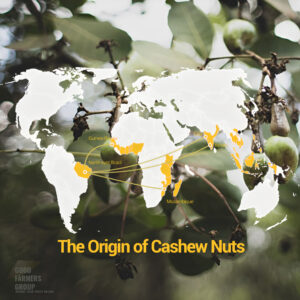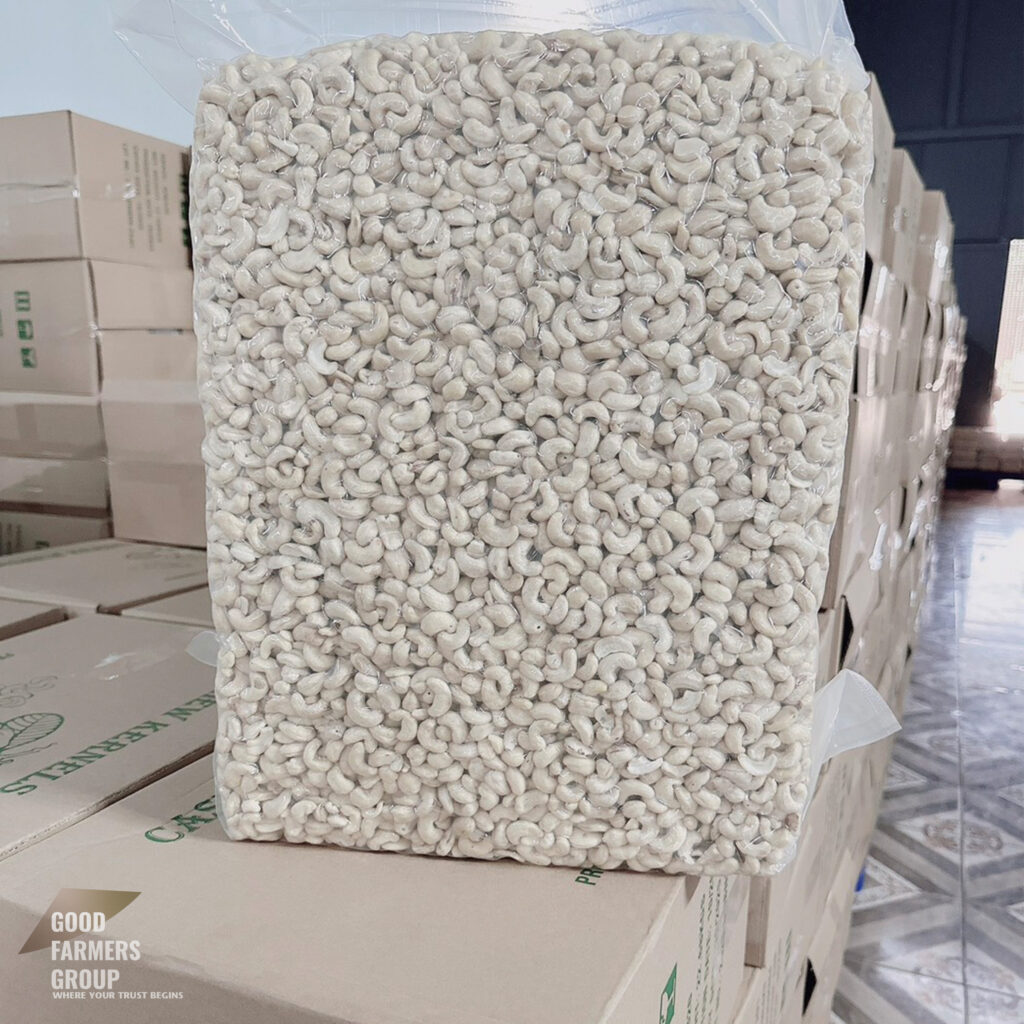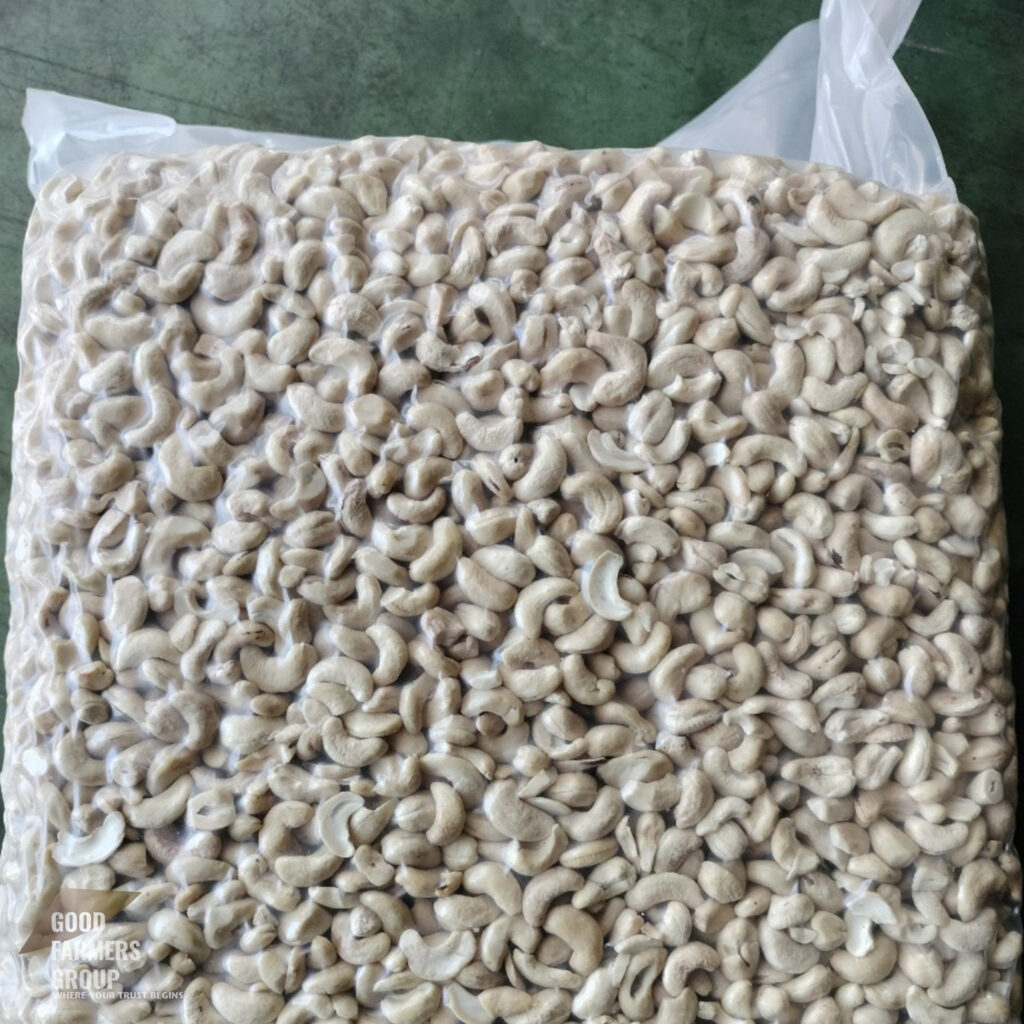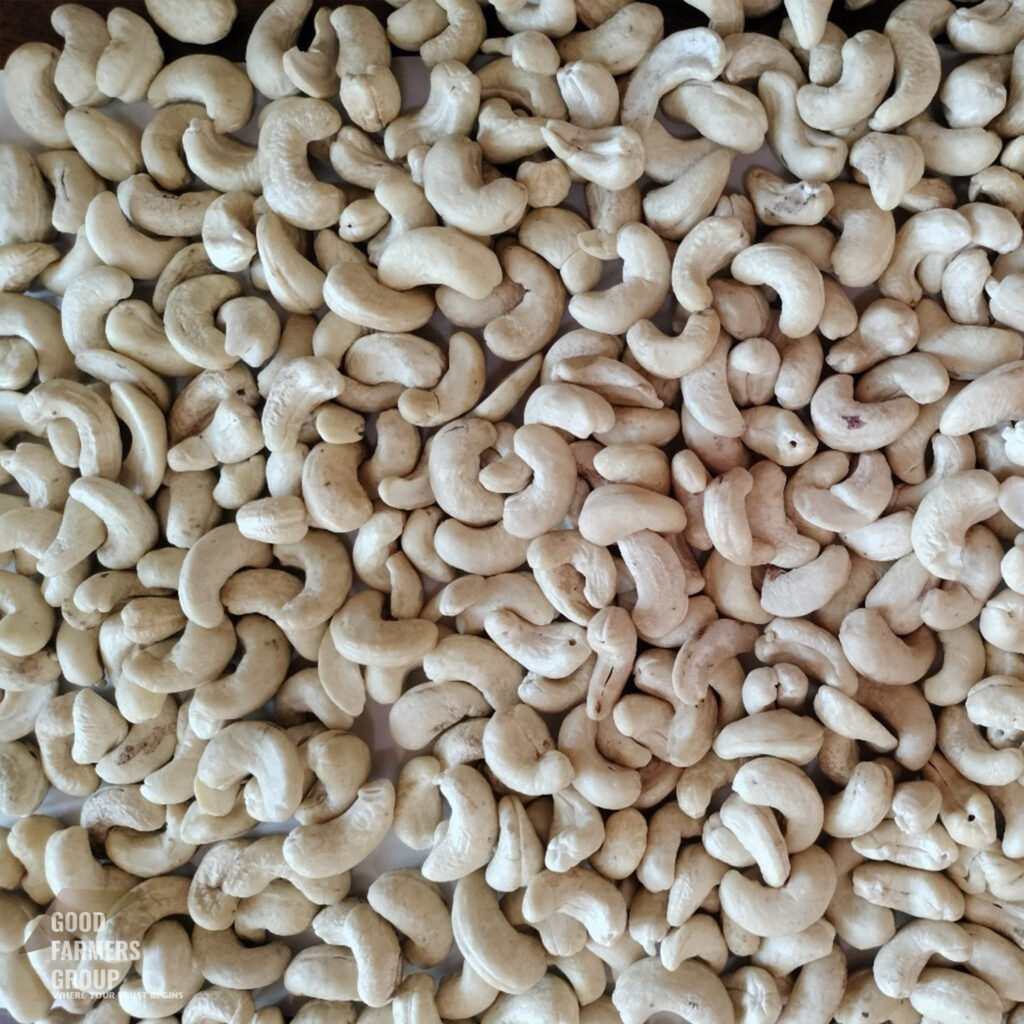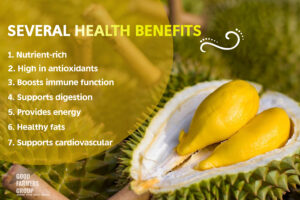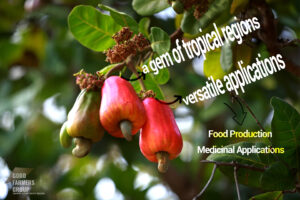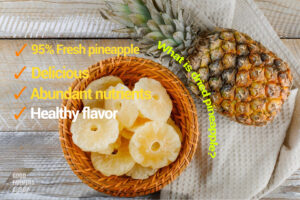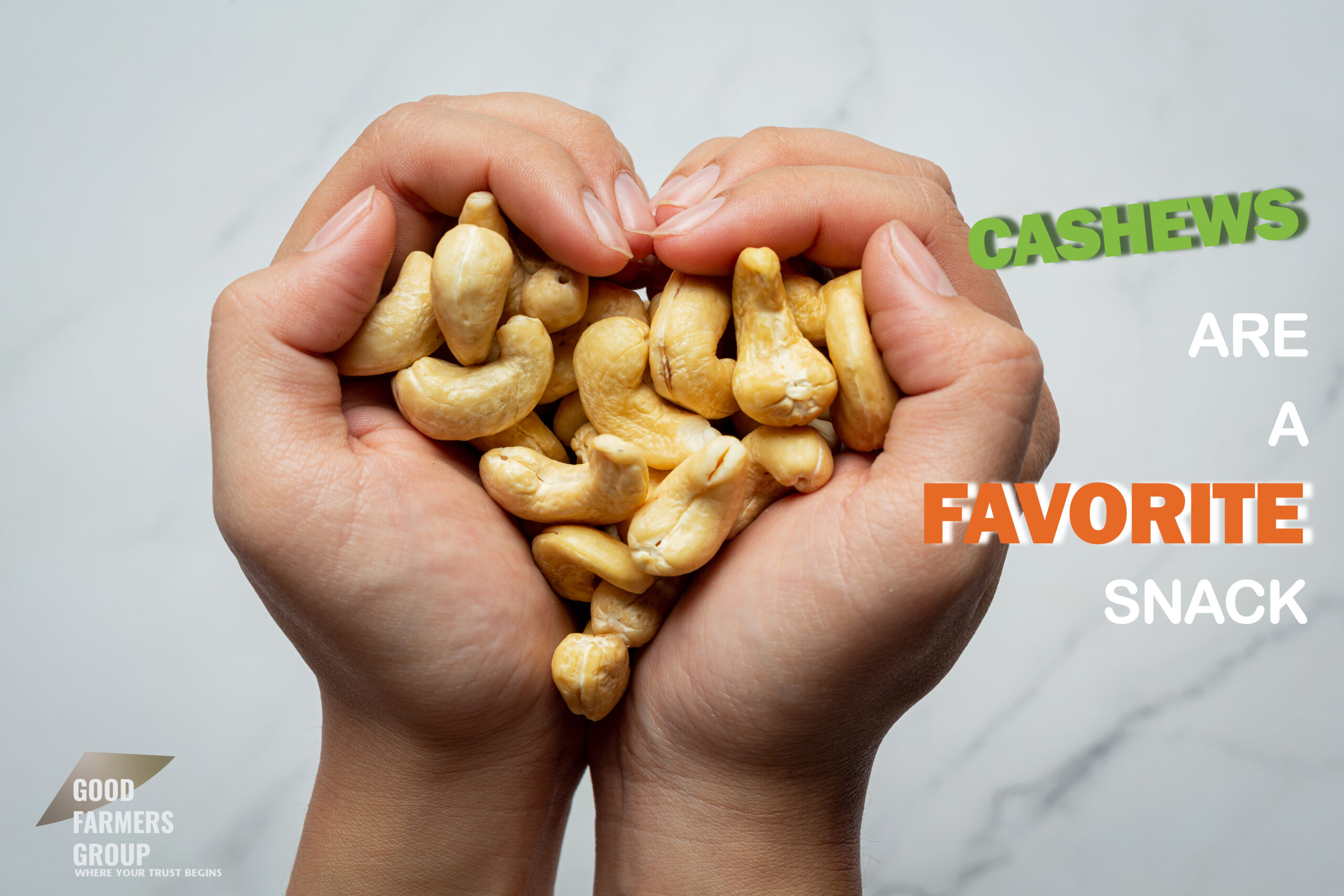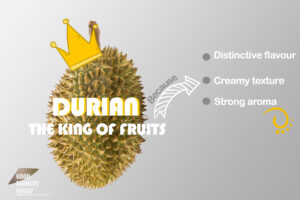
The Durian is a unique tropical fruit known as the “THE KING OF FRUITS” due to its distinctive flavour, creamy texture, and strong aroma. It is native to South-East Asia and is highly popular in countries like Malaysia, Thailand, Indonesia, Singapore and Viet Nam.
Durian is not only a delicious fruit but also offers several health benefits.
1. Nutrient-rich: good source of essential nutrients, including dietary fibre, vitamins (C,B,..) , and minerals (folate, iron, potassium, magnesium,…) .
2. High in antioxidants: rich in antioxidants, such as vitamin C and various phytochemicals like anthocyanins, flavonoids, and carotenoids.
3. Boosts immune function: The vitamin C content in durian helps strengthen the immune system, promoting a healthy immune response and protecting against illnesses.
4. Supports digestion: Durian contains a significant amount of dietary fibre, which aids in digestion and promotes regular bowel movements.
5. Provides energy: Durian is a calorie-dense fruit due to its carbohydrate content. It can provide a quick energy boost, making it a good option for athletes or individuals needing an energy source.
6. Healthy fats: Durian is relatively high in fat, but the majority of the fat is monounsaturated fat, which is considered heart-healthy.
7. Supports cardiovascular health: The potassium content in durian helps maintain healthy blood pressure levels, while the dietary fibre and healthy fats can contribute to heart health by managing cholesterol levels.
It’s important to note that durian is also high in calories and carbohydrates, so it should be consumed in moderation, particularly for individuals watching their weight or managing conditions like diabetes.
If you haven’t eaten a durian before, go unlock the King of Fruits and indulge in a flavour adventure like no other. Embrace the bold, savour the creamy, and experience the irresistible allure of Durian. Dare to try, and let your taste buds be crowned with delight!


